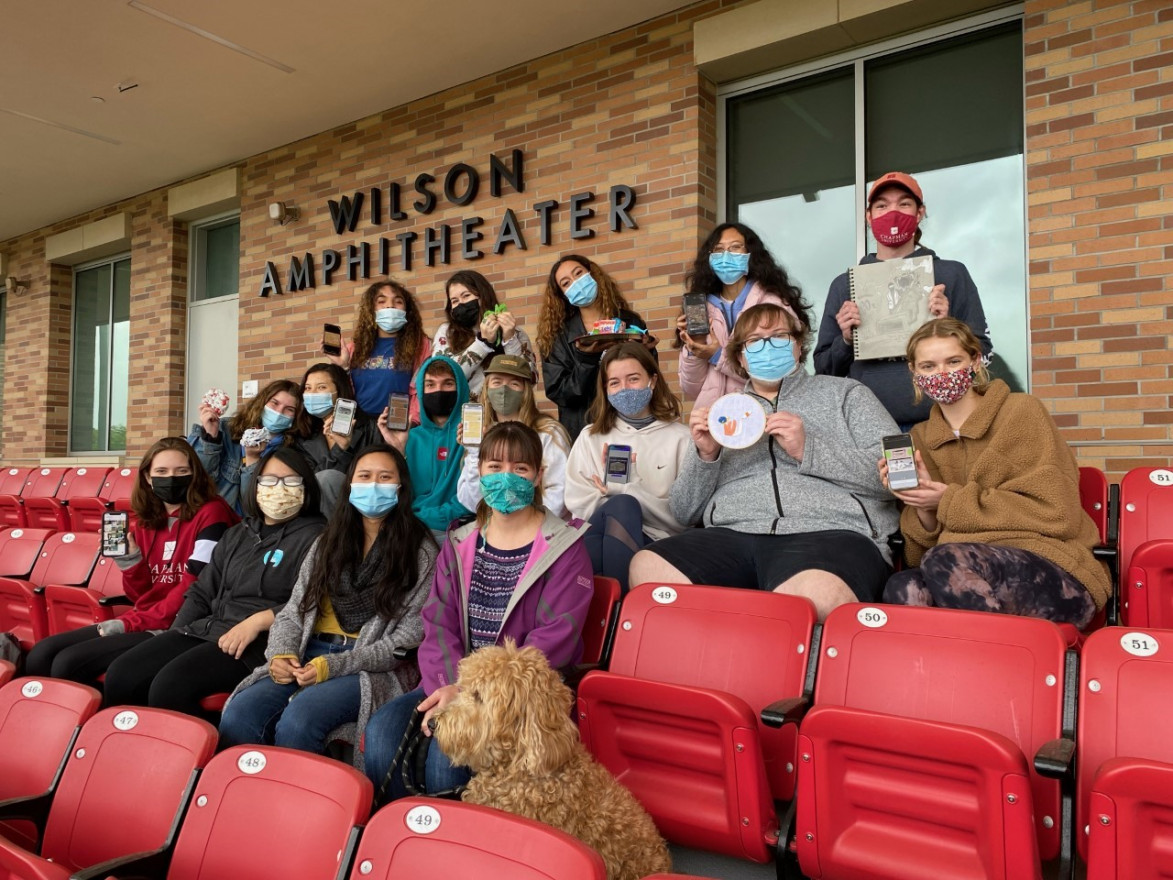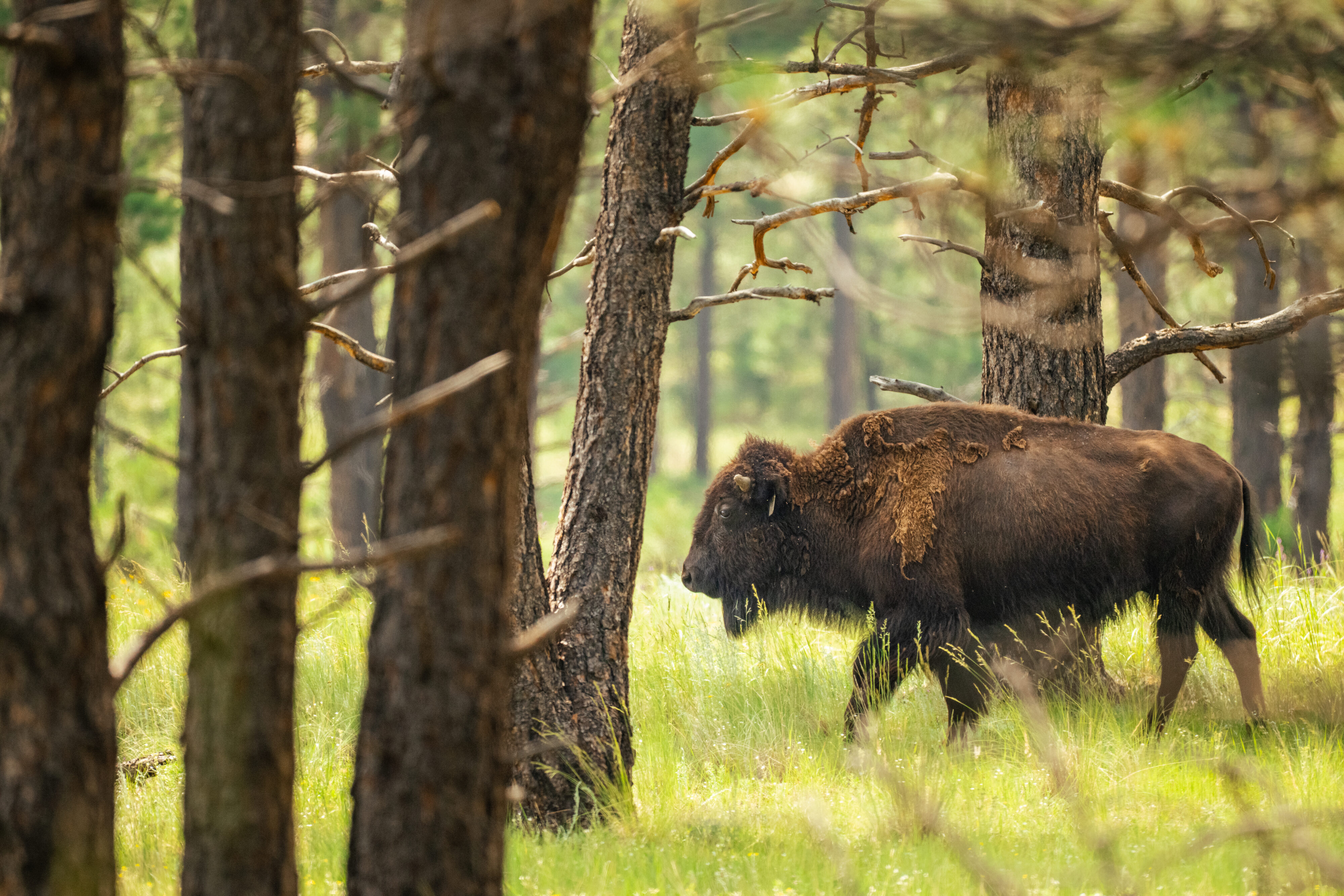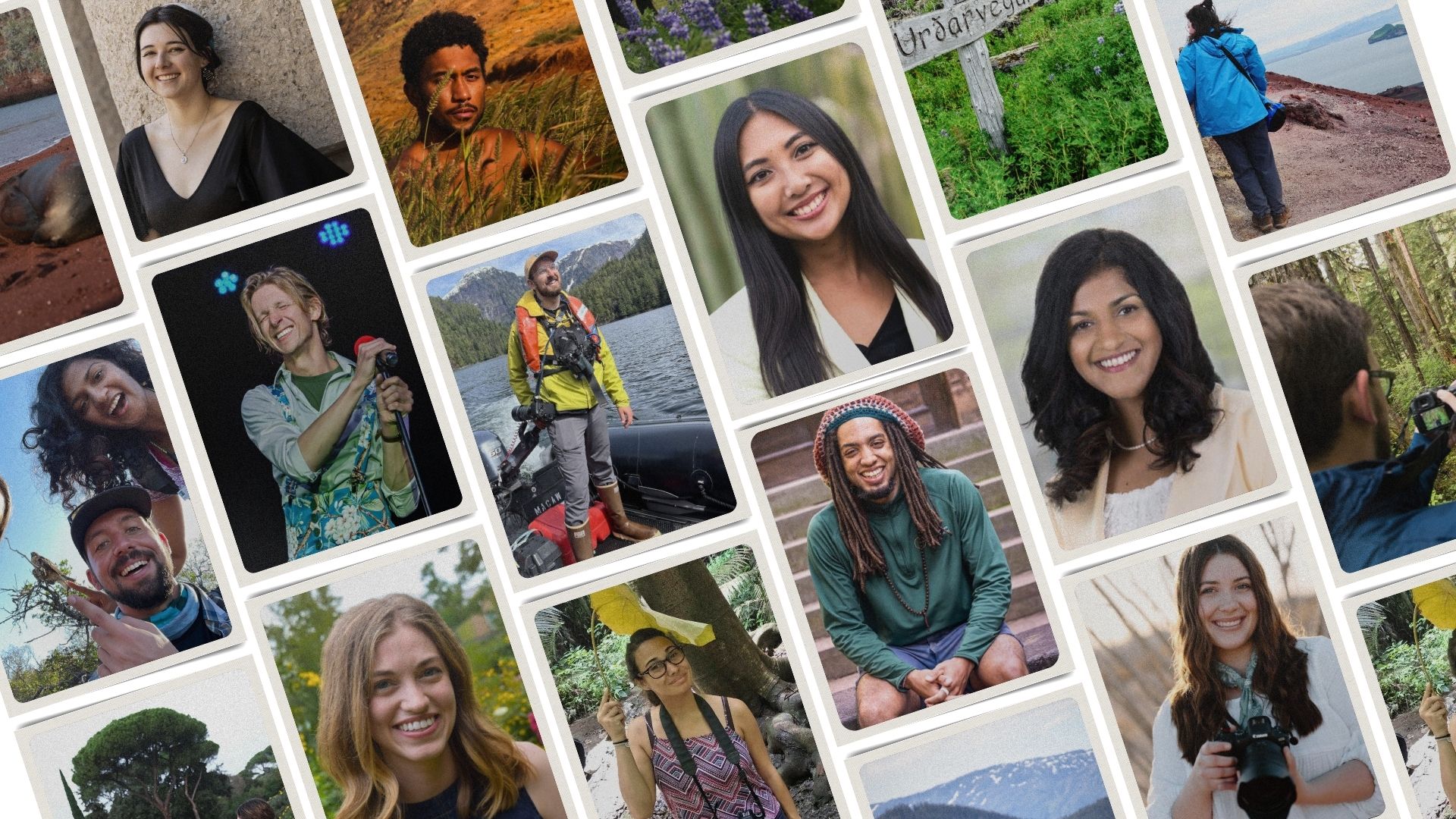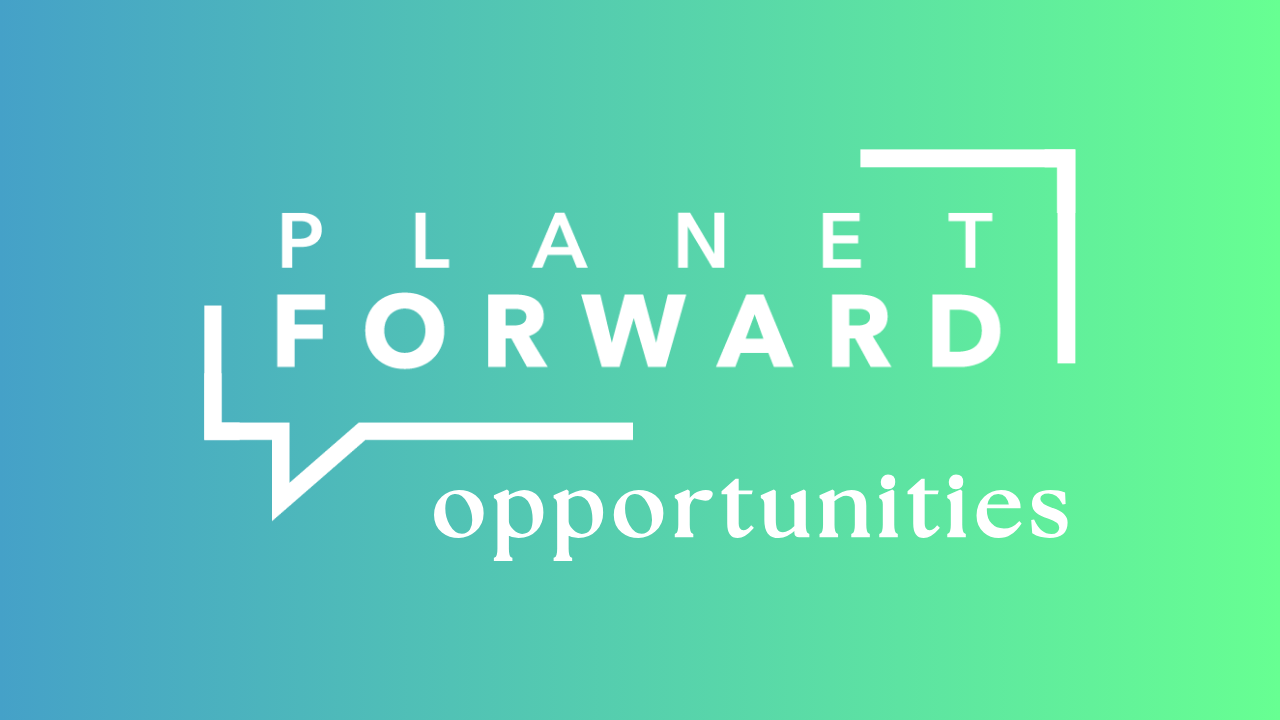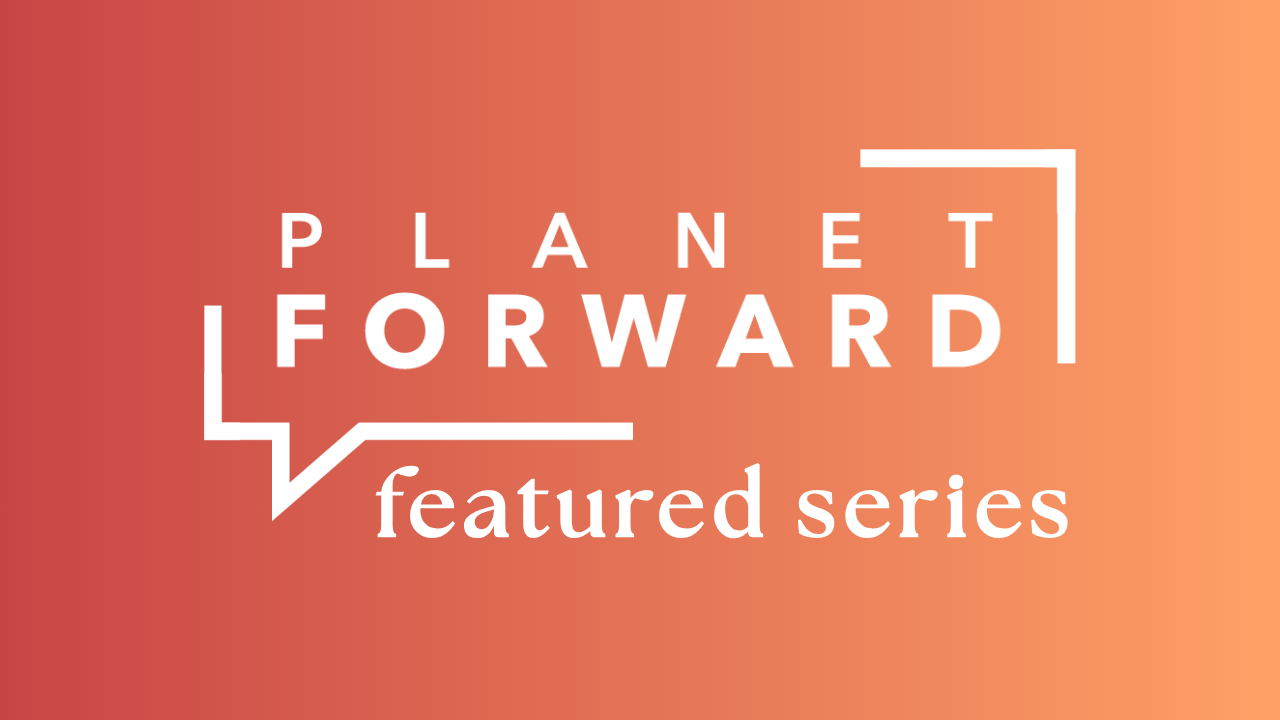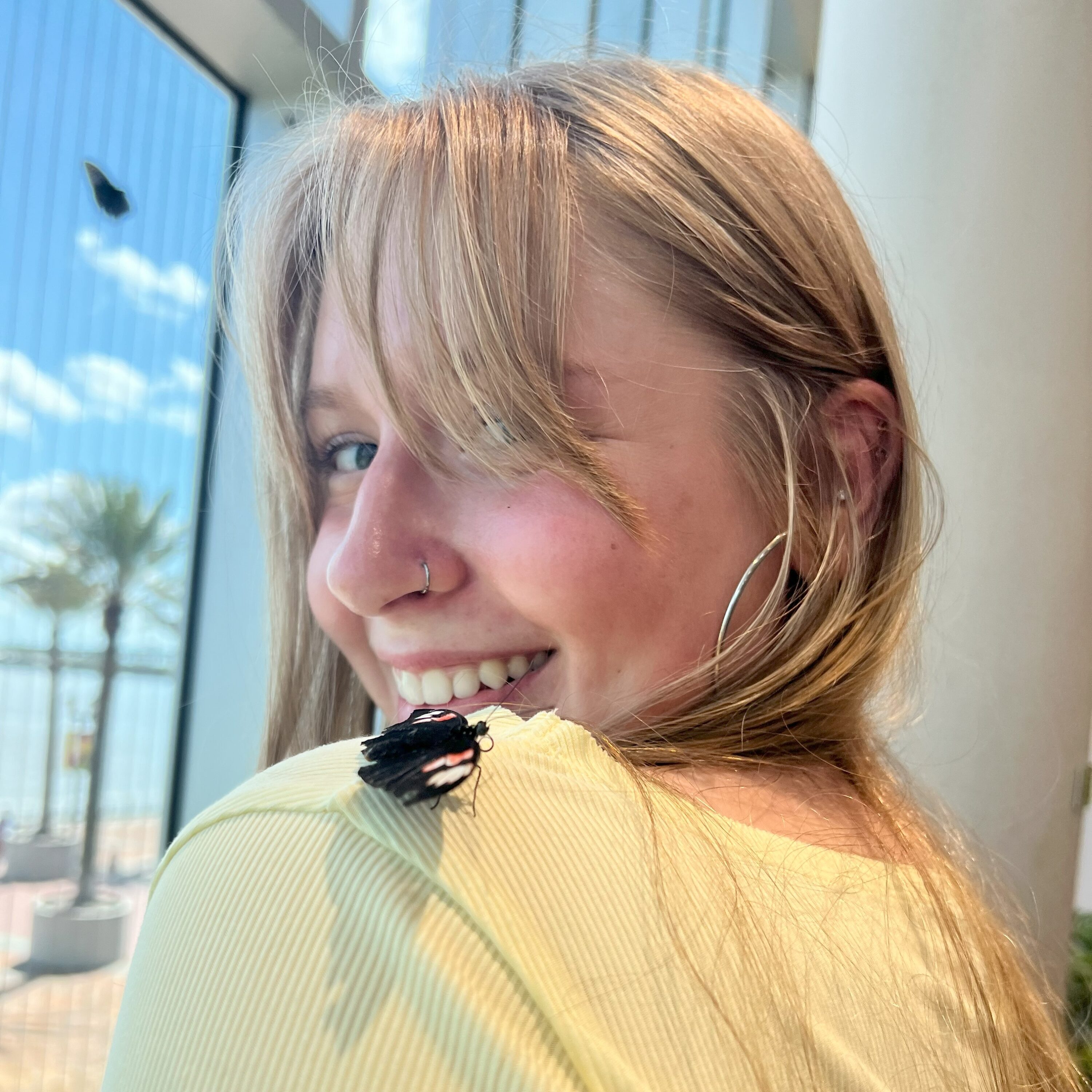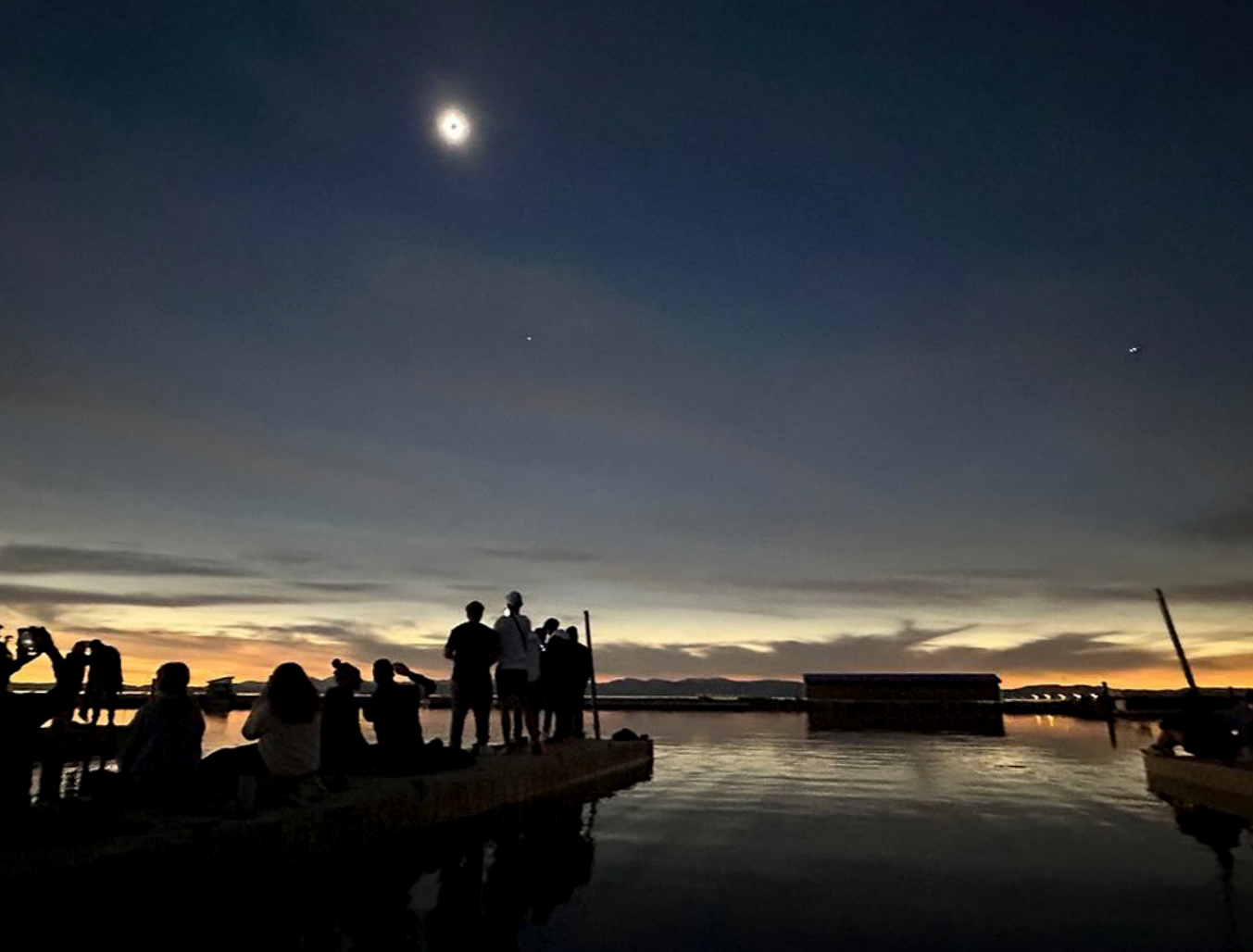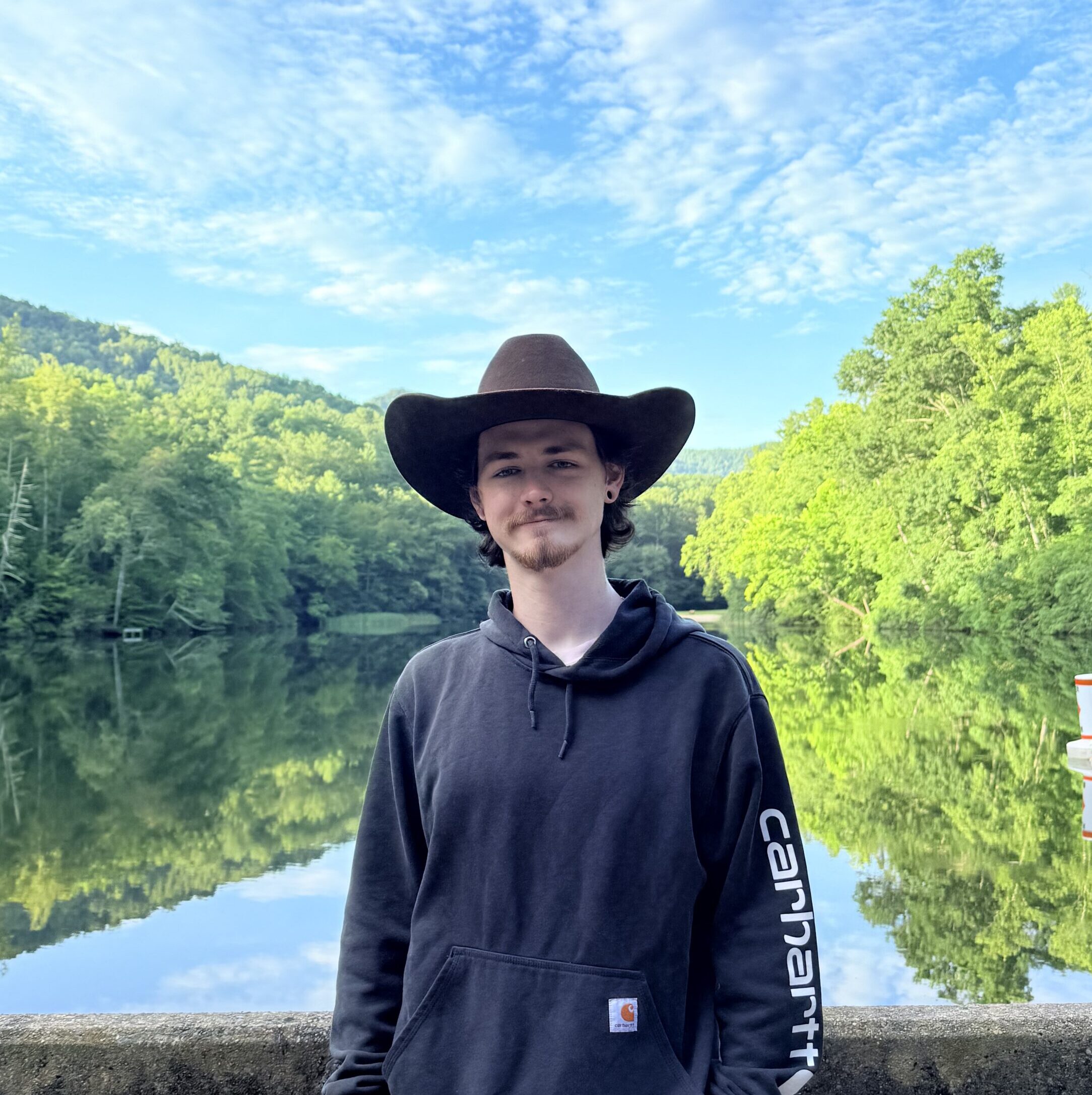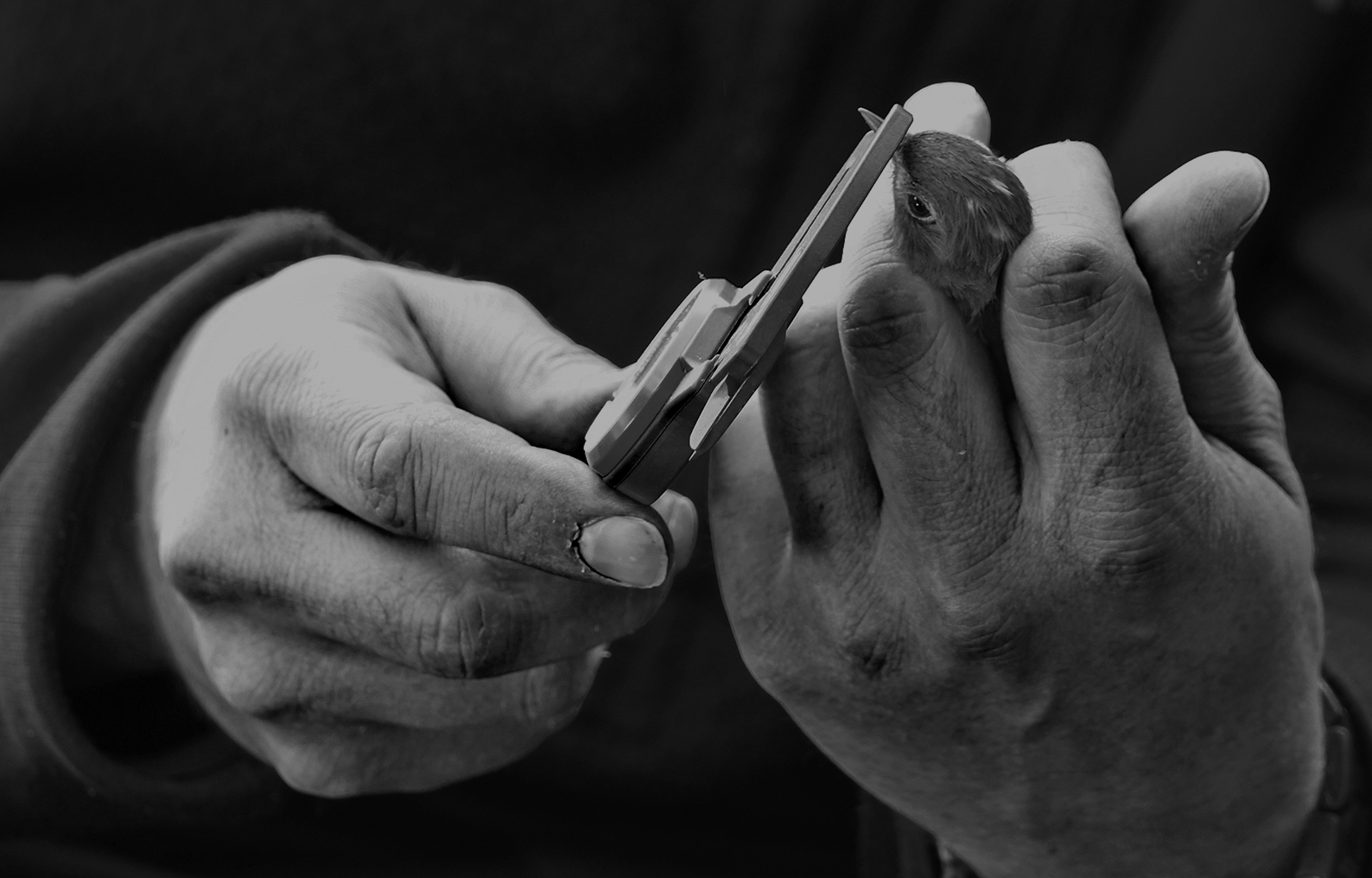When 25,000 gallons of oil spilled along Huntington Beach, Calif., on Saturday, Oct. 2, 2021, damaging valuable, intertidal ecosystems and threatening public health, the students in Dr. Richelle Tanner’s “Environmental Advocacy Through Story” course saw an opportunity to apply our knowledge of science communication and strategic framing to make a difference, here in Orange County.
The course, offered at Chapman University, examines scientific communication across a diverse range of audiences and effective methods for strategic framing, developed by the National Network for Ocean and Climate Change Interpretation (NNOCCI). As a student in the course, I was thrilled for the opportunity to combine my background in creative writing with my passion for the climate issue to affect change in my community.
In partnership with Tanner’s Socio-Ecological Adaptations & Climate Resilience (SEACR) Lab, we developed materials for a communications toolkit addressing the oil spill and its connection to our reliance on fossil fuels such as coal, oil, and natural gas, which contributes to climate change. Well-equipped by Tanner’s immersive and collaborative approach for this course, we worked in teams to identify key audiences within Orange County and researched shared, cultural values within these communities to inform purposeful language and effective metaphors.
Identifying and emphasizing a set of shared values like the protection of lands and peoples and the responsible management of resources in science communication unifies diverse communities toward a common goal. Metaphors explain scientific concepts and illustrate connections between environmental issues and human action. We employed metaphors approved and tested by NNOCCI to shift the perception of oil spills as “accidents” to consequences of global reliance on fossil fuels.
My classmates Berkana McDowell (‘23, Environmental Science & Policy, Peace Studies, Studio Art) and Lexi Hernandez (‘22, Environmental Science & Policy, Sociology) developed an infographic advocating for Indigenous knowledge and traditional management practices. They employed the metaphor, “Indigenous knowledge keepers are scientists without lab coats,” to advocate for the amplification of Indigenous voices.
“There is an umbrella of knowledge systems,” wrote McDowell and Hernandez, “and we need them all.”
I developed infographics for non-native English speakers living in Orange County with Eva Stanton (‘22, Environmental Science & Policy, Sociology, Anthropology) and Veronica Warner (‘23, Environmental Science & Policy), to be distributed in the areas affected by the spill. By researching the linguistic demographics within Orange County, we identified Mandarin-Chinese and Spanish to be the most common, non-English languages spoken in the targeted area.
We experienced challenges when we attempted to choose a metaphor for our infographic, and found that most of the metaphors approved by science communicators didn’t translate into Mandarin. To accommodate this, we enhanced our messaging through design elements, and compiled a masterlist of community-based solutions in a link.tree, accessible through a scannable QR code.
Warner (‘23, Environmental Science & Policy) translated our infographic into Mandarin-Chinese.
“This project allowed me to thoroughly understand how oil spills impact society environmentally, financially, psychologically, and socially,” she said. “It was a great experience to work on this toolkit with my classmates because it helped me learn about how this environmental consequence impacts non-native English speakers, a group I never thought to consider for these issues prior to the toolkit.”
The toolkit includes resources for connecting citizens with civic leaders, a timeline for fishers to determine the toxicity of fish caught in a contaminated area, and “Unpacking the Oil Spill” guidelines for elected officials to implement regulatory action, while an infographic for lifeguards tracks the impacts of the Orange County oil spill on human health, and provides guidelines for swimming and recreation.
An activity designed for K-5 students explores the lasting effects of oil residue in our oceans, emphasizing the importance of protecting our environments. This framework highlights the efficacy of the promotion of science literacy and environmental awareness in schools. Students are encouraged to fill out a take-home reflections with their parents to open dialogues within their households and communities about environmental topics.
Tanner emphasized the importance of including our positionality in all of our communications and encouraged us to ask ourselves, “Am I the most trusted communicator for this issue? And if not, who is?” We acknowledge that science is not free of bias, and recognize that our communications are influenced by our own perspectives and privileges. As students in higher education, our status as trusted communicators is limited. Instead, we must lift up the voices of leaders and trusted messengers embedded in impacted communities.
The project culminated in a virtual presentation attended by local environmental nonprofit representatives, including OC Coastkeeper, LA Nature For All, California Fish and Wildlife, and the Pacific Marine Mammal Center.
“Being given the opportunity to work on this Oil Spill Communication Toolkit was quite impactful. The environmental non-profits that we were able to connect with and aid during this project can take the kit we created and incorporate it into the amazing work they’re already doing in the OC area,” said Christian Grevin (‘22 History, Political Science, Environmental Studies), who worked on an infographic intended to guide nonprofits in connecting citizens to civic leaders.“To be able to give back to the Orange County community in a way that not only highlighted environmental issues in our local ecosystems but also brought attention to the broader topic of climate change was incredibly rewarding.”
Each group presented their research and invited attendees to continue this conversation in their spheres of influence. “Interfacing directly with the community in this project was such a big opportunity for the students and my research program. I think we made some lasting connections that will facilitate community-driven research in the classroom, a really exciting prospect for all of us,” reflected Tanner, “this project will definitely be part of the course moving forward and we will continue to seek out relevant environmental and social issues of pressing concern.”
We hope this project prompts further discussion and research into oil spills as consequences of human action, and communication gaps between messengers and impacted communities.
—
Orange County Oil Spill Communications Toolkit Contributors: Richelle Tanner, Amy Asmussen, Ruby Baldwin-Smith, Max Burrous, Maya Cheav, Christian Grevin, Kate Hartshorn, Holland Hatch, Alexis Hernandez, Ben Jensen, Hilary Lee, Kelly Ly, Berkana McDowell, Eva Stanton, Hannah Waldorf, and Veronica Warner.
How do you move the planet forward?
Submit Story
